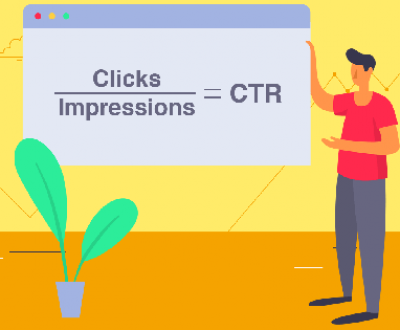Absolute Links vs. Relative Links
- July 17, 2016
- Advanced SEO Techniques, Business advice, SEO
There is an ongoing debate about absolute links vs. relative links in the world of SEO. Yes, there are benefits and disadvantages to both, but it is mostly agreed upon that absolute links are the way to go and prove to be more beneficial from a SEO standpoint compared with relative links.
Let’s Talk Absolute Links
Absolute links contain more information than a relative URL. For instance, they involve a protocol, a domain and a path. The protocol is typically http:// or https://, among others; the domain is the site name; and the path is the directory or file information. With all of this information, the link can be navigated to from anywhere on the Internet with no specific starting point required.
What About Relative Links?
These types of links are self-explanatory: they only work relative to an initial starting point or page you’re accessing them from. Relative links must be in the same directory/folder as your starting page, or else you simply wouldn’t be able to navigate there. Compared with absolute links, they are shorter and quicker and can simply be the name of the file.
Pros and Cons of Absolute vs. Relative Links
The list of cons for absolute links is short and insubstantial, which is why they are the choice links. They cause the code to be a bit bulkier and might take a developer a few extra minutes. Relative links do make it a bit easier on developers in terms of moving stuff around between a test and live environment. However, relative links can cause major SEO problems and affect overall server performance. Ultimately, relative links can be costly in terms of time spent remedying problems that may arise. Also, when a menu relies on relative URLs, all it takes is one wrong link to cause duplicate content issues. Another potential problem is spider traps, which occur from incorrectly used relative URLs. This is damaging to search engine rankings.
In the end, your business isn’t going to show up in search results when you depend on relative links. It’s clear that absolute links are the way to go: it may require a bit more code on the developer’s part but it will ensure the job gets done properly without taking shortcuts. You don’t want to jeopardize your server performance, SEO strategy or not show up in search results after working hard to create a brand.
Feel free to add your comments below in regard to absolute links vs. relative links. What else has worked for you? Let us know in the comments below. Get in touch with 2SEO, a division of ECA Technologies, Inc. to make sure your SEO efforts are working for you.
About us and this blog
We are a digital marketing agency under the umbrella of a leading HTML5 Game and ecommerce web development company ECA Tech Inc. Through these blogs we try to educate who we can about the current trends of the web.
Request a free quote
If you are interested in promoting your brand, website ranking on search engines, online reputation management, Google Adwords, remarketing management services. Please feel free to let us know.
More from our blog
See all postsRecent Posts
- How Internet Marketing Can Help Business During Covid-19 April 26, 2020
- SEO Strategy – The Top 5 Keys to Betterment April 20, 2020
- Why Keyword Research Should Shape Your SEO Strategy April 15, 2020








